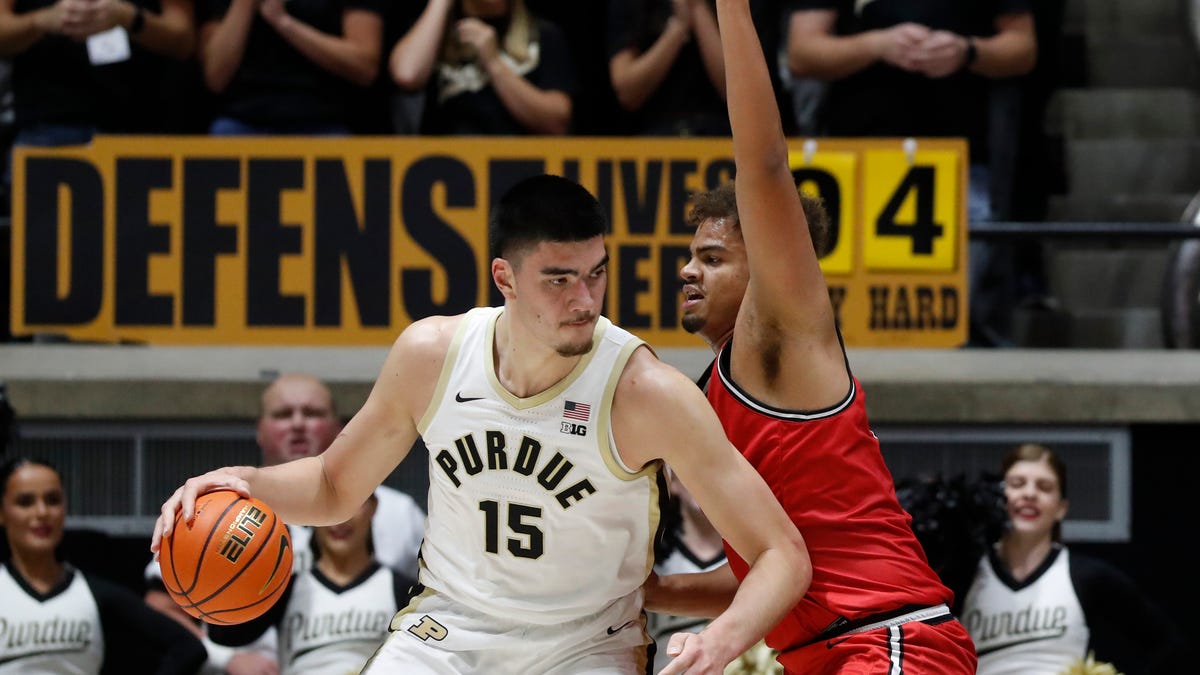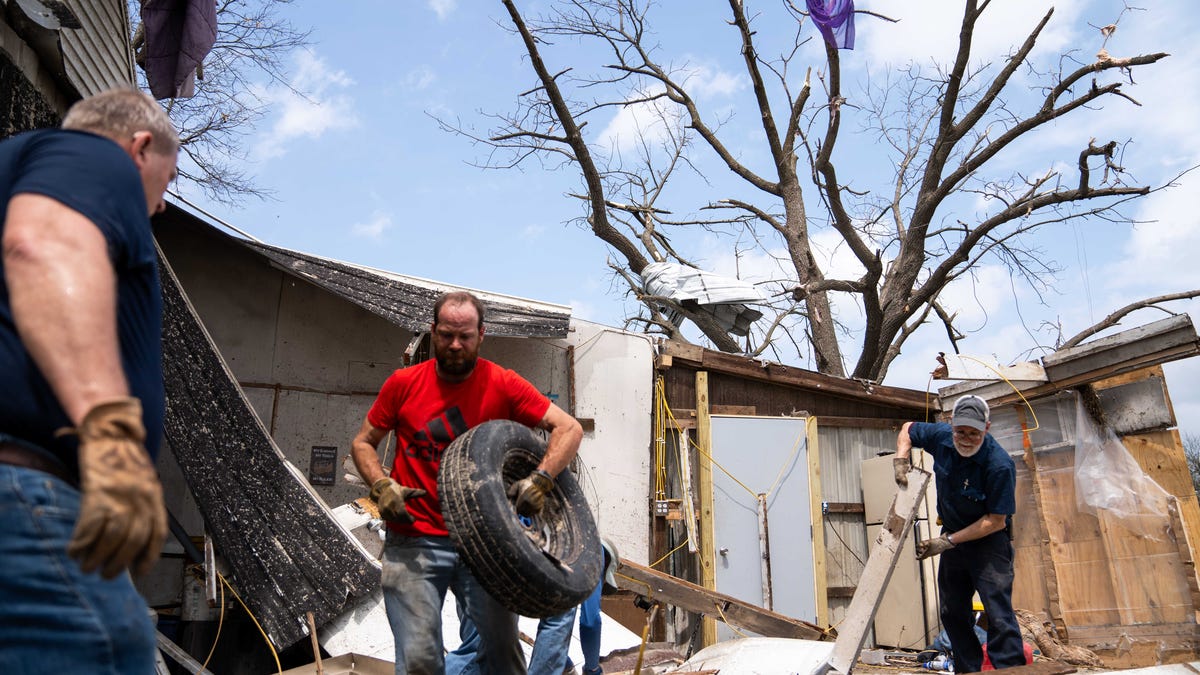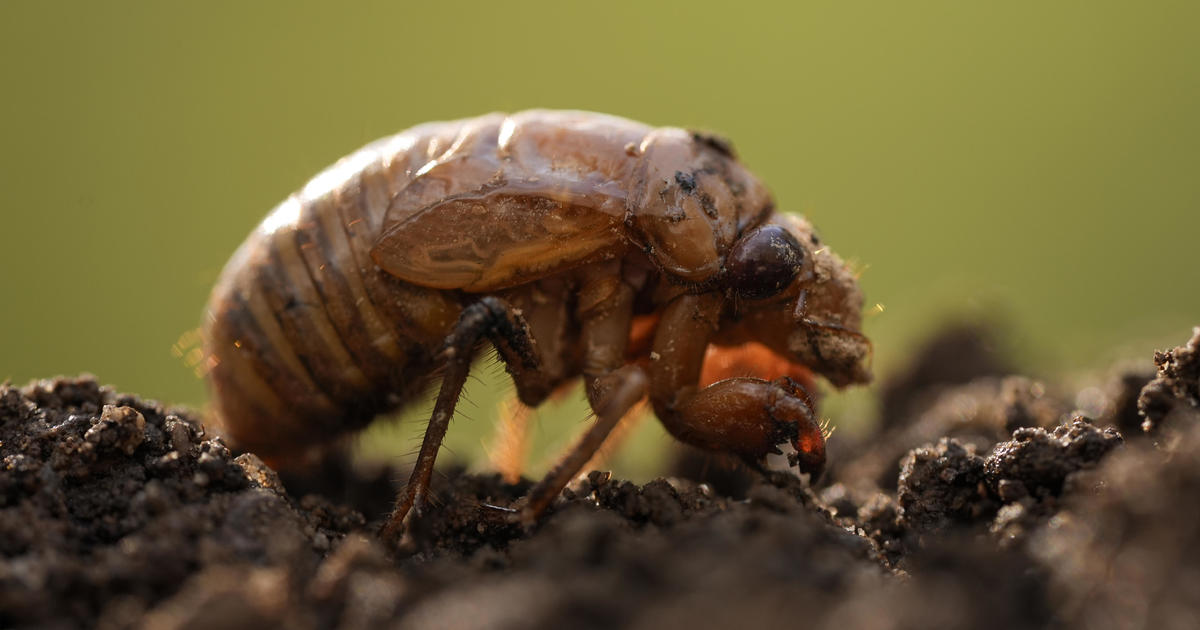Situated in the heart of the country and seen as a hub for tourism, architecture, history and natural wonders, it is often said that Illinois is in the “middle of everything.” Unfortunately, fossil fuel interests have set their sights on making the Prairie State the middle of a vast network of dangerous carbon dioxide pipelines.
Over the past two years, farmers, landowners and concerned citizens across Illinois have sounded the alarm that carbon dioxide pipelines proposed by Navigator CO2 Ventures, Wolf/ADM and One Earth Energy would leave Illinois residents, local drinking water and public health overall vulnerable to the serious risks associated with capturing, transporting and injecting fossil fuel pollution into the earth. The concerns of these citizen activists are well-founded.
Projects involving carbon capture and sequestration may indeed be a climate solution for hard-to-decarbonize sources of pollution, particularly where electrification is not an alternative in the near to medium term. However, such projects pose risks at every step of the industrial process — at the capture facility, when CO2 is transported through pipelines, and at sequestration facilities.
The carbon capture process requires more energy to power equipment and can actually increase carbon dioxide emissions, all while continuing to spew health-harming pollutants into the atmosphere. What’s more, the transport of those CO2 emissions can turn deadly and fast.
In 2020, a CO2 pipeline in Satartia, Mississippi ruptured, forcing 200 people to evacuate their small town and nearly suffocating 49 people who were hospitalized with life-threatening symptoms. CO2 is an asphyxiant, and if concentrations are high enough, it can kill people within minutes and render combustion engines incapable of starting, making it challenging for first responders to rescue victims.
Lack of regulation
Despite these extraordinary risks, there are few regulations in place at the state or federal levels to protect Illinoisans, our land and our water. The lack of regulation is a glaring oversight, particularly because fossil fuel interests have set their sights on making Illinois ground zero for carbon capture and sequestration.
Thus far, the proposed projects have been stalled, largely as a result of the widespread health and safety concerns of citizens and local governments across the state. CO2 pipelines have been proposed in 23 Illinois counties so far, and more proposals are on the way.
The U.S. Department of Energy claims as many as 96,000 miles of CO2 pipelines could be built across the country by 2050. That’s why Illinois must act swiftly to protect our communities as companies rush to cash in on lucrative federal tax credits for these projects.
After the pipeline rupture in Mississippi, the federal Pipelines and Hazardous Materials Safety Administration initiated a rule-making process to update and adopt new rules to improve safety and oversight of CO2 pipelines. That rule-making process is still in progress, and draft rules are expected by the end of 2024.
In the meantime, stakeholders here in Illinois are working to develop emergency response plans and comprehensive policies that ensure safe setbacks, prevent the use of eminent domain and establish critical protections for our land and water. While state and federal stakeholders undergo that critical fact-finding and policy drafting, all CO2 pipeline projects must be paused.
For carbon capture and sequestration to someday have a place in our state’s climate mitigation strategy, we need legislative guardrails that ensure it legitimately serves the economic and environmental interests of all Illinois citizens.
In fact, Republicans and Democrats in the Illinois General Assembly are joining together to call for a moratorium on carbon dioxide pipelines and work to enact strong protections on both the capture and storage of carbon. Hopefully, these bipartisan efforts will result in strong safeguards so we don’t find ourselves in the middle of a disaster.
Jack Darin is the director of Sierra Club Illinois.
The Sun-Times welcomes letters to the editor and op-eds. See our guidelines.
The views and opinions expressed by contributors are their own and do not necessarily reflect those of the Chicago Sun-Times or any of its affiliates.































